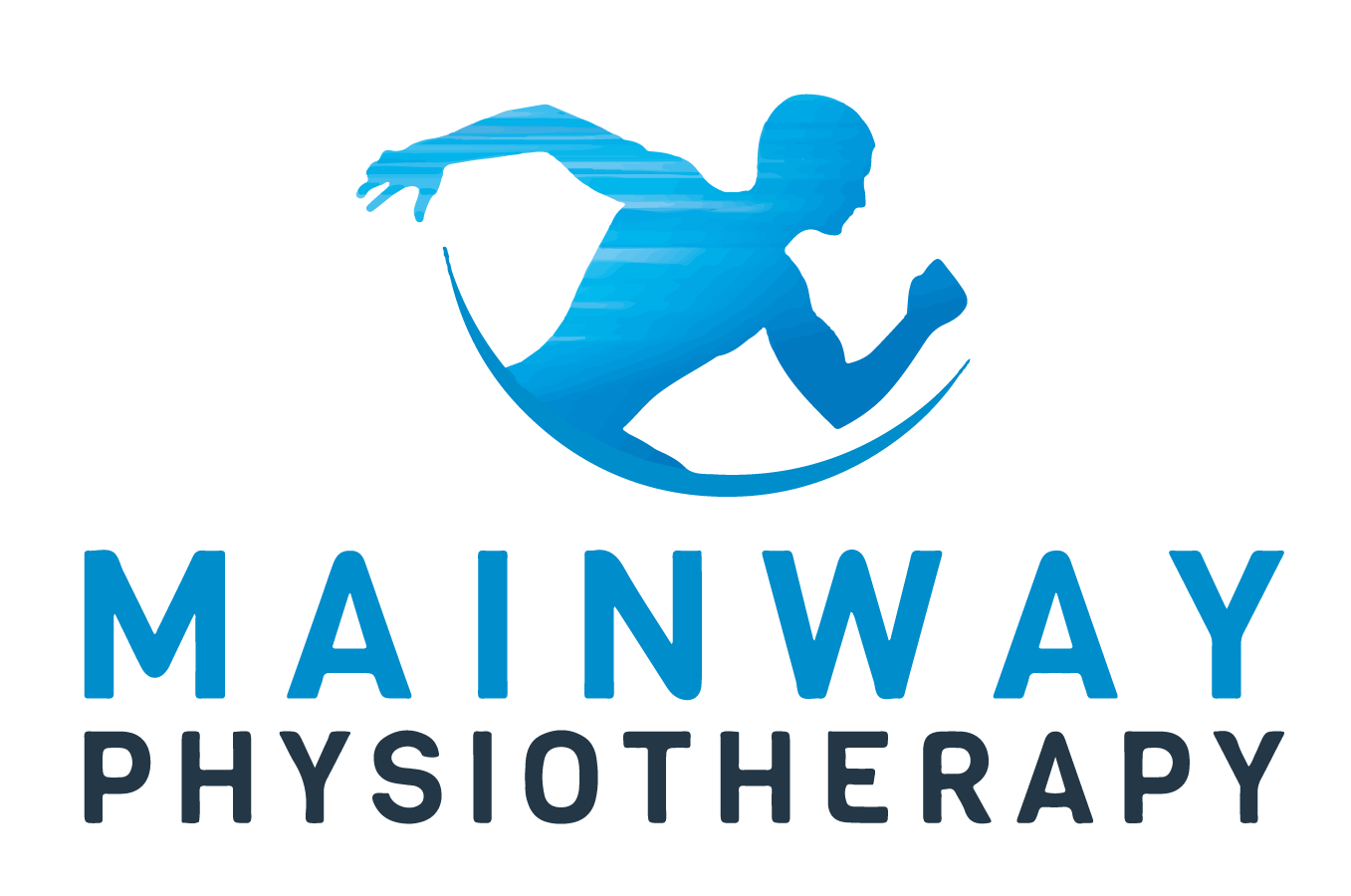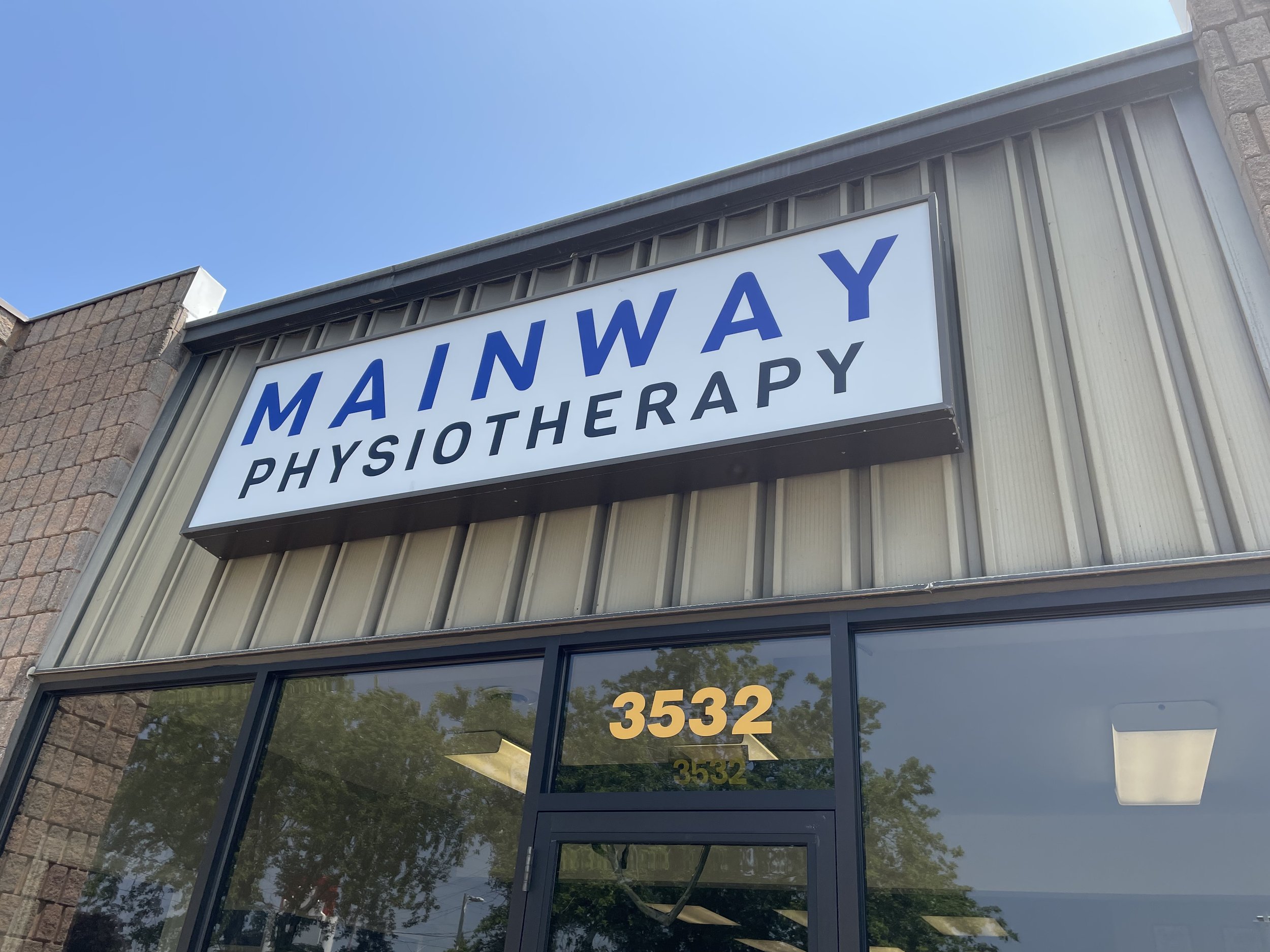Physiotherapy FAQs
Are you curious about Physiotherapy and how it can help improve your health and well-being? Whether you’re dealing with an injury, managing chronic pain, or simply looking to enhance your mobility, this is the perfect place to get the answers you need.
Here, you’ll find:
Expert Insights: Learn from Registered Physiotherapists and healthcare professionals.
Practical Advice: Get tips on exercises, recovery techniques, and pain management.
Answers to Common Inquiries: We’re providing answers to questions that we often get in the clinic, on the phone, and from family and friends.
Our goal is to empower you with the knowledge and tools to move and feel better. Don’t hesitate to dive in—your journey to improved health starts here!
-
Physiotherapy is a healthcare profession focused on improving movement, function, and overall well-being through the assessment, diagnosis, and treatment of physical impairments or injuries. It uses evidence-based techniques such as tailored exercise programs, manual therapy, education, and modalities like ultrasound or heat therapy to alleviate pain, enhance mobility, and prevent further issues. Physiotherapy benefits people of all ages, helping them recover from injury, manage chronic conditions, or maintain physical performance and health.
-
Mainway Physiotherapy treatments include:
Physiotherapy: Personalized treatment plans to restore movement and function.
Manual Therapy: Hands-on techniques to alleviate pain and improve mobility.
Sports Injury Physiotherapy: Specialized care for sports-related injuries.
Acupuncture: Traditional methods to promote healing and pain relief.
Concussion Management: Expertise in assessing and treating concussions.
Massage Therapy: Therapeutic massages to reduce muscle tension and enhance recovery.
Pelvic Health Physiotherapy: Services focusing on pelvic floor health, including postnatal exercises.
Golf Injury Rehabilitation: Specialized programs for golf-related injuries, with therapists trained by the FITforeGOLF™ Association and Titleist Performance Institute.
Custom Bracing: Stability and comfort solutions from Bauerfeind and DonJoy.
Our clinic emphasizes individualized, client-centered assessments to help patients return to an active, pain-free lifestyle.
-
Pelvic floor physiotherapy is a specialized branch of physiotherapy focused on assessing and treating issues related to the pelvic floor muscles, which support the bladder, bowel, and reproductive organs. It addresses conditions like incontinence, pelvic pain, prolapse, postpartum recovery, and sexual dysfunction through tailored exercises, manual therapy, biofeedback, and education. By improving the strength, coordination, and function of these muscles, pelvic floor physiotherapy helps restore control, alleviate pain, and enhance overall quality of life.
-
The main role of a physiotherapist is to assess, diagnose, and treat physical impairments or injuries to improve mobility, alleviate pain, and enhance overall function. They create personalized treatment plans using techniques such as exercises, manual therapy, education, and therapeutic modalities to help patients recover from injuries, manage chronic conditions, and prevent further issues. Physiotherapists also promote health and well-being, enabling individuals to maintain active and independent lifestyles.
-
Physiotherapy can help with a wide range of physical and functional issues by addressing pain, mobility, and strength. Some areas where physiotherapy is beneficial:
Pain Management: Treats acute or chronic pain caused by injuries, conditions like arthritis, or post-surgical recovery.
Injury Recovery: Helps heal from sports injuries, sprains, strains, or fractures through targeted exercises and therapies.
Improving Mobility: Assists in regaining movement and flexibility in joints, muscles, and tissues affected by injury, surgery, or aging.
Rehabilitation: Supports recovery after surgeries, strokes, or conditions like spinal cord injuries to restore function and independence.
Chronic Condition Management: Helps manage symptoms and improve quality of life for those with conditions like arthritis, diabetes, and COPD.
Posture and Ergonomics: Provides strategies to correct posture and workplace ergonomics, reducing strain and preventing issues.
Neurological Conditions: Treats conditions like Parkinson’s disease, multiple sclerosis, or stroke to improve coordination and balance.
Pediatric and Geriatric Care: Helps children with developmental issues and older adults with age-related mobility challenges.
Injury Prevention: Teaches techniques and exercises to prevent injuries in daily life or sports activities.
Pelvic Health: Addresses issues like incontinence, pelvic pain, or post-pregnancy recovery.
Physiotherapy promotes overall well-being by enhancing physical performance and preventing long-term complications.
-
Yes, physiotherapy can help prevent injuries by identifying and addressing potential risk factors, such as muscle imbalances, poor posture, or improper movement patterns. Through tailored exercises, education, and advice on proper techniques, physiotherapists enhance strength, flexibility, and stability, reducing the likelihood of injury. They also provide guidance on ergonomics and activity modifications to minimize strain, making physiotherapy an effective preventative approach for athletes, workers, and individuals in everyday life.
-
You should see a physiotherapist when you experience persistent pain, reduced mobility, or functional limitations due to injuries, chronic conditions, or surgery. Physiotherapy is helpful for managing musculoskeletal issues like back pain, joint problems, or sports injuries, as well as neurological conditions such as stroke or Parkinson’s disease. It is also beneficial during recovery from surgery, fractures, or accidents to regain strength and mobility. Additionally, physiotherapists can assist with managing chronic conditions like arthritis, provide guidance for injury prevention, and offer tailored exercises for overall physical health and fitness. Early intervention can prevent issues from worsening and support optimal recovery.
-
Yes, physiotherapy is suitable for people of all ages, as it addresses a wide range of conditions affecting mobility, function, and quality of life. For children, it can help with developmental delays, injuries, or conditions like cerebral palsy. Adults may benefit from physiotherapy for sports injuries, chronic pain, or post-surgical recovery. For older adults, it is valuable in managing arthritis, osteoporosis, balance issues, and age-related mobility challenges. Physiotherapy programs are tailored to individual needs, making it effective and safe for all age groups.
-
Clients should wear comfortable, loose-fitting clothing that allows easy movement and provides access to the area being treated. For example, shorts are ideal for lower-body issues, while a tank top or loose t-shirt works well for shoulder or upper-body concerns. Appropriate footwear, like athletic shoes, is recommended if exercises or movement-based assessments are involved. The goal is to ensure both comfort and ease of access for the physiotherapist to evaluate and treat effectively.
-
No, but you may need a prescription from your doctor to have it covered by your extended health benefits, some insurance companies do not require a script from your doctor to have it covered.


